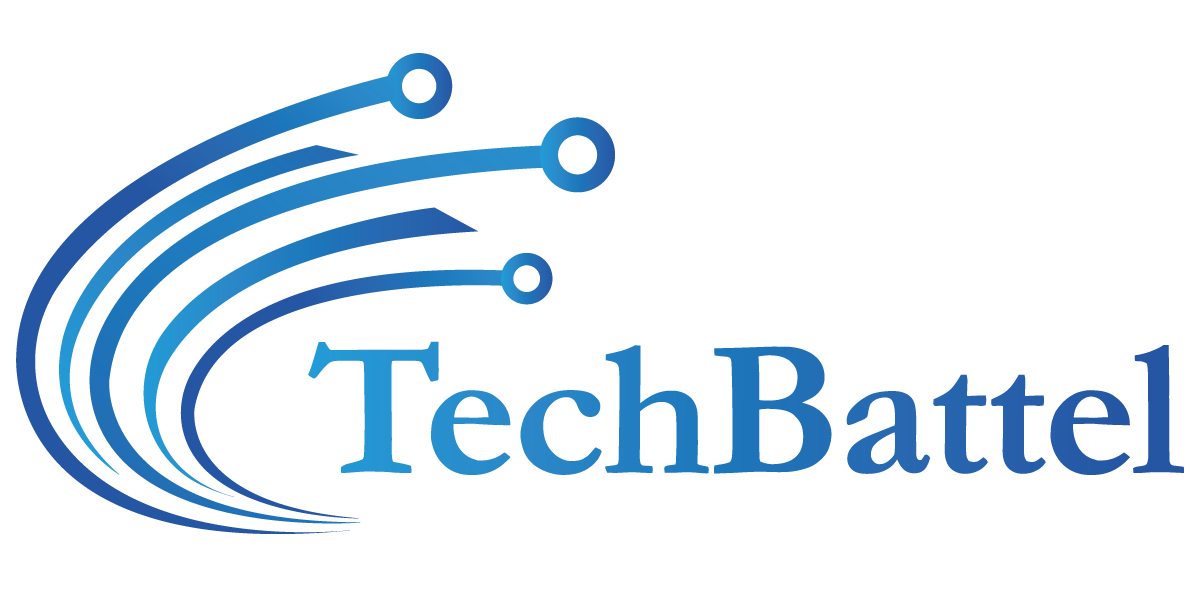After having a tooth extracted, it’s important to know what you can and cannot eat in order to maintain healthy oral hygiene. Many of us are aware that certain foods can lead to pain and discomfort, but we often overlook the potential danger dairy products pose. Read on to learn more about why you should stay away from dairy after a tooth extraction.
Dairy products can delay healing
When you have a tooth extracted, the goal is to promote healing and prevent infection. However, dairy products can actually delay the healing process. Dairy products contain high levels of calcium, which can interfere with the blood clotting process. This means that the wound site is more likely to bleed for longer after an extraction. Additionally, dairy products can increase inflammation at the extraction site, which can also delay healing. That’s Why no dairy after tooth extraction.
Dairy products can cause increased swelling
It’s no secret that dairy products can cause increased swelling – just think about how your body feels after eating a big bowl of ice cream. The same thing happens when you eat dairy after tooth extraction. The milk proteins increase inflammation and can lead to more swelling, pain, and discomfort.
Dairy products can lead to infection
When you have a tooth removed, the hole left behind is called an “open wound”. This open wound is susceptible to infection if it comes into contact with bacteria. Dairy products are a common source of bacteria, so it is important to avoid them after having a tooth removed.
Dairy products can cause dry socket
When you have a tooth pulled, you want to do everything you can to avoid developing dry socket. Dry socket occurs when the blood clot that forms in the extraction site is either dislodged or doesn’t form properly. This can be incredibly painful, and it lengthens the healing process. One of the things that can cause dry socket is eating dairy products.
Dairy products can interfere with taste buds
Dairy products, especially milk and cheese, can coat the taste buds and make it difficult for them to function properly. This can lead to a loss of taste or a change in the perception of taste. In addition, dairy products can increase the production of mucus, which can further interfere with taste.
Tips for smoking after tooth extraction
If you’re a smoker, you may be wondering How to smoke after tooth extraction without getting dry socket.
Here are some tips for smoking after tooth extraction:
Wait at least 24 hours before smoking. This will give your body time to form a healthy blood clot.
Use a soft-bristled toothbrush and avoid vigorously brushing the extraction site.
What are the risks of swallowing mouthwash?
Mouthwash is a household staple for many people. It’s used to freshen breath, remove food particles from teeth, and reduce plaque and gingivitis. But What happens if you swallow mouthwash?
The risks of swallowing mouthwash are real and potentially serious. Some mouthwashes contain alcohol, which can be toxic if ingested in large quantities. Other ingredients in mouthwash, such as menthol, eucalyptol can also cause gastrointestinal upset if swallowed.
Conclusion
Avoiding dairy after having a tooth extraction is an important step in ensuring that your mouth heals properly. Dairy products can be high in sugar, which can cause discomfort, and they also contain calcium, which can interfere with the healing process. We hope our five reasons have helped you understand why it’s essential to avoid dairy after having a tooth extraction. For more information visit https://techbattel.com/.

